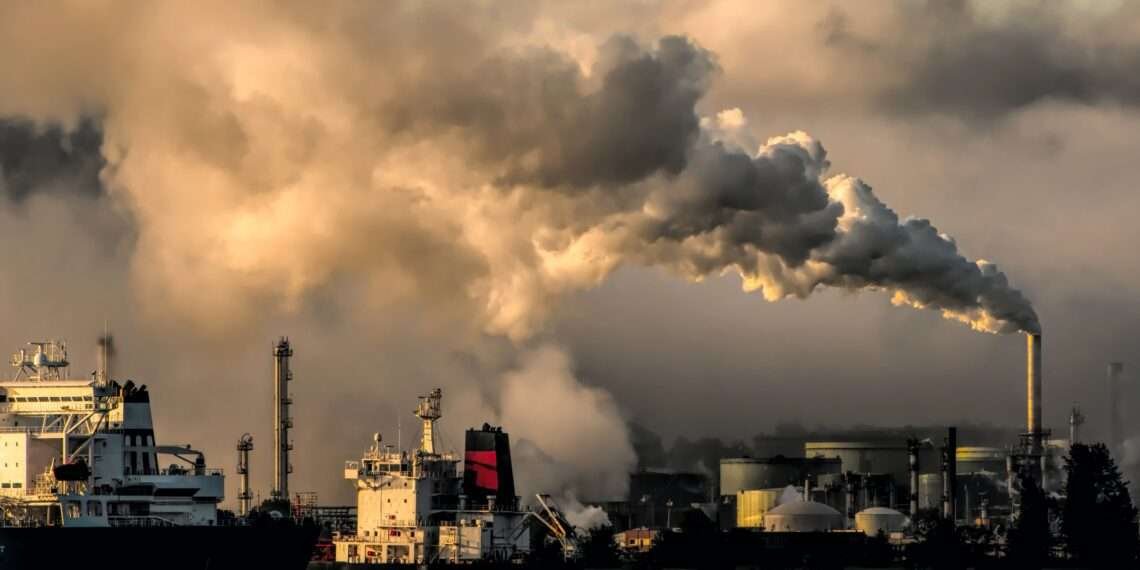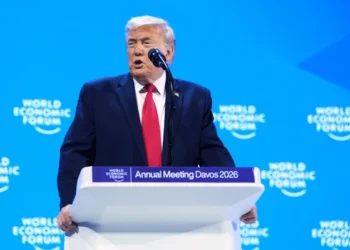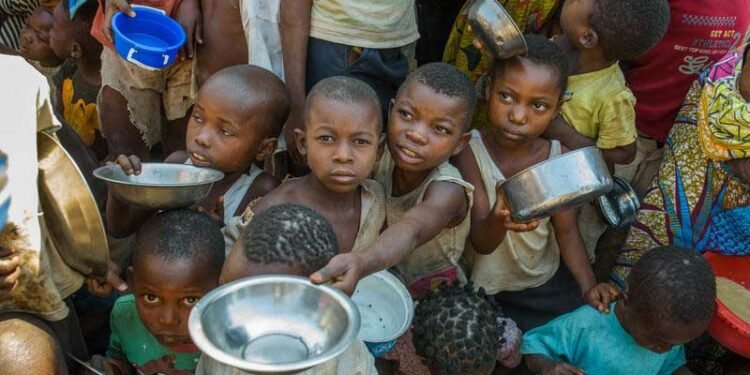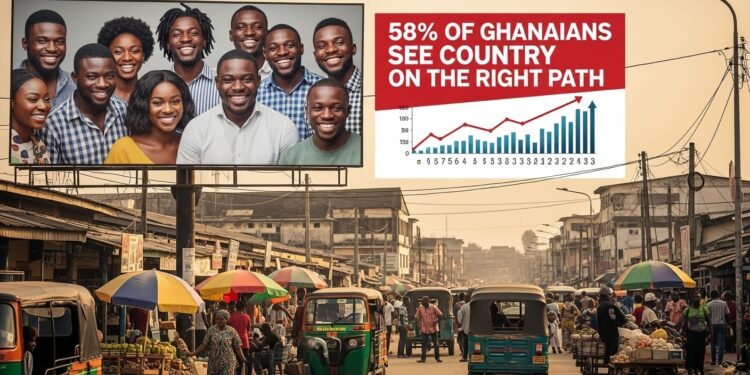A new report from the Health Effects Institute (HEI), in partnership with the United Nations Children’s Fund (UNICEF), has revealed the threat of air pollution to global health.
The State of Global Air (SoGA) report released on Wednesday, June 19, identified air pollution as the second leading global risk factor for premature death.
The report, now in its fifth edition, showed that air pollution was responsible for 8.1 million deaths worldwide in 2021. Millions more suffer from chronic diseases attributed to poor air quality, straining healthcare systems, economies, and societies at large.
Particularly alarming is the report’s finding on young children. In 2021, over 700,000 children under the age of five succumbed to the effects of air pollution, making this demographic especially vulnerable.
Furthermore, the SoGA report highlighted that outdoor fine particulate matter (PM2.5) is the primary culprit, causing more than 90% of global air pollution-related deaths.
PM2.5 particles, which originate from burning fossil fuels and biomass in transportation, residential heating, wildfires, and other sources, are described as the “most consistent and accurate predictor of poor health outcomes around the world.”
Other harmful pollutants include household air pollution, ozone (O3), and nitrogen dioxide (NO2), commonly found in traffic exhaust.
These pollutants contribute significantly to the global health crisis, exacerbating respiratory and cardiovascular diseases.
Call for Action
HEI President Dr. Elena Craft emphasized the urgency of the findings, expressing hope that the report will drive change. “Air pollution has enormous implications for health. We know that improving air quality and global public health is practical and achievable,” she stated.
Dr. Pallavi Pant, HEI’s Head of Global Health, echoed these sentiments, highlighting the disproportionate impact on vulnerable populations.
“This new report offers a stark reminder of the significant impacts air pollution has on human health, with far too much of the burden borne by young children, older populations, and low- and middle-income countries.”
Dr. Elena Craft
She stressed the importance of integrating air quality considerations into health policies and noncommunicable disease prevention programs.
Children at Greatest Risk
Moreover, the report underscored that children are “uniquely vulnerable” to air pollution, with detrimental effects beginning in the womb.
Exposure to polluted air leads to severe health outcomes for children, including pneumonia and asthma.
It noted that one in five deaths globally among young children is attributable to air pollution, disproportionately affecting those in low-income regions compared to their counterparts in high-income countries.
UNICEF Deputy Executive Director Kitty van der Heijden highlighted the daily toll on children under five, with nearly 2,000 deaths every day due to air pollution. “The global urgency is undeniable,” she said.
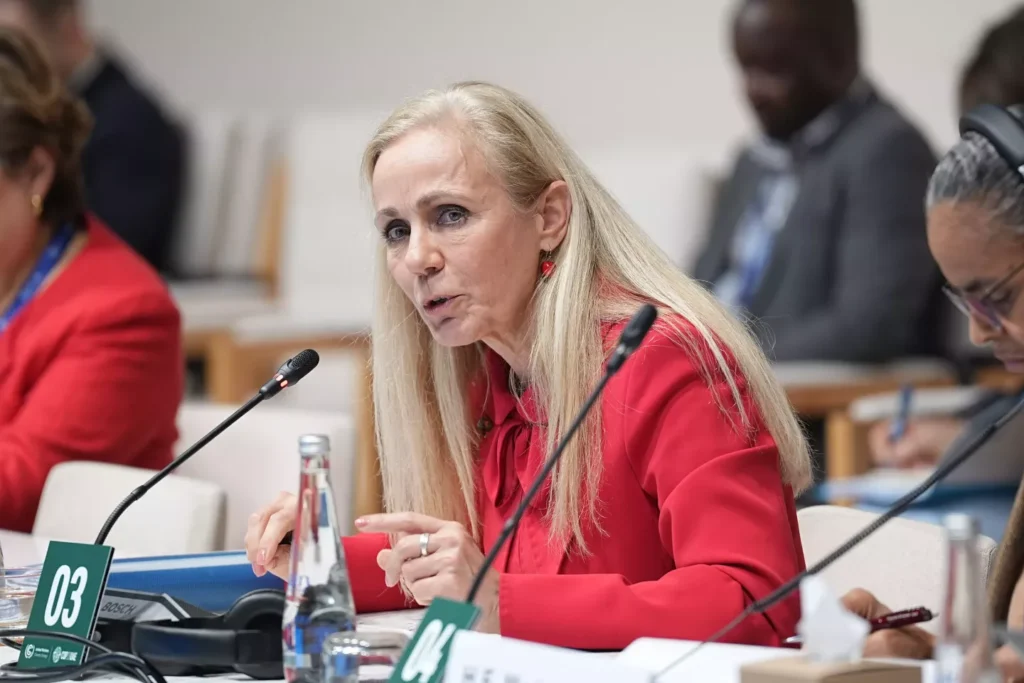
“It is imperative governments and businesses consider these estimates and locally available data and use it to inform meaningful, child-focused action to reduce air pollution and protect children’s health.”
Kitty van der Heijden
Despite the grim statistics, the SoGA report also brings a glimmer of hope by acknowledging progress made in recent years.
Awareness of the dangers of household air pollution has increased, leading to a 53% decrease in the death rate of children under five since 2000, thanks to improved access to clean cooking energy.
Moreover, regions experiencing severe air pollution, particularly in Africa, Latin America, and Asia, have started to take significant steps. These include installing air pollution monitoring networks and implementing stricter air quality policies.
The SoGA report serves as a critical reminder of the pervasive and deadly impact of air pollution on global health. As the evidence mounts, the call to action for governments and businesses becomes increasingly urgent.
The report’s findings are a clarion call to prioritize air quality improvements to safeguard the health of people.
READ ALSO: Mpraeso MP Refutes Ablakwa’s Allegations against Rock City Hotel

